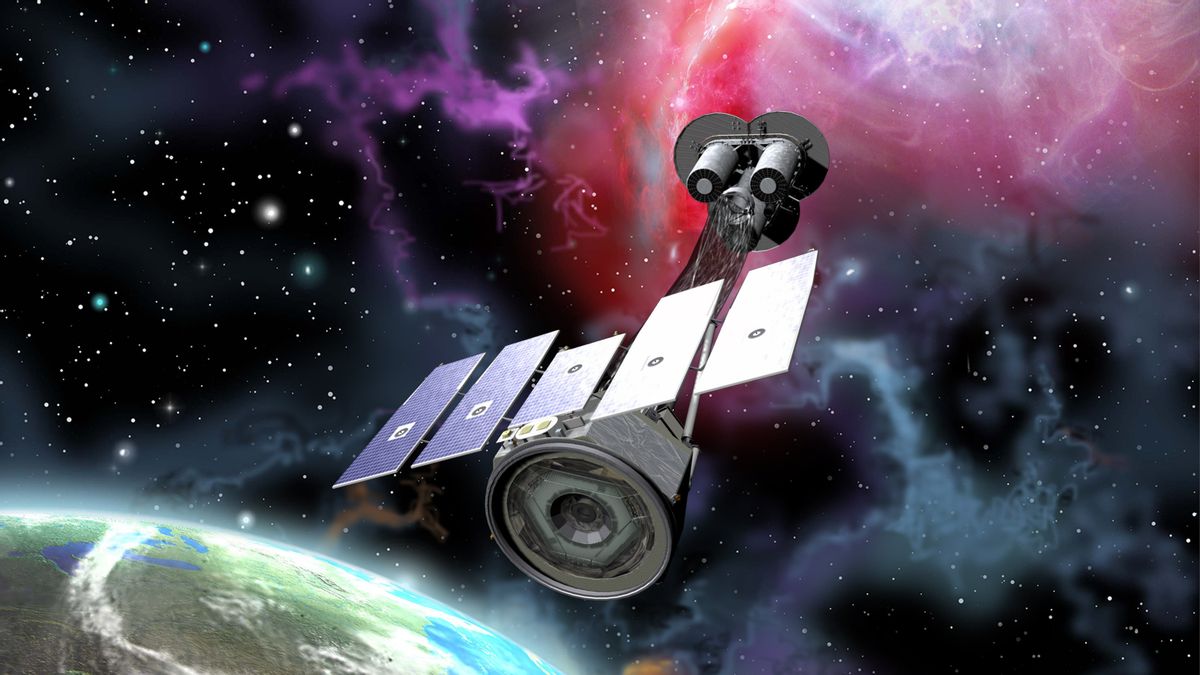JAKARTA - NASA announced on Thursday, December 1 that it has awarded $415.6 million to Blue Origin, owned by Jeff Bezos, a contractor supporting Northrop Grumman Corp and the venture-backed Nanoracks, to develop the space station. privately owned and operated commercial.
The trio of awards are symbolic of the US space agency's efforts to leverage private companies to enable an American-led commercial economy in low-Earth orbit (LEO) as the iconic International Space Station has the potential to retire at the end of the decade.
NASA gave $130 million to Blue Origin to help develop the Orbital Reef space station, which launched about five weeks ago, in partnership with Sierra Space and Boeing Co. Blue aims to launch the spacecraft in the second half of the decade.
Blue Origin sees Orbital Reef as a hub for commercial industries such as manufacturing, entertainment, sports, gaming and adventure travel. It also aims to be home to crewed and cargo missions by Boeing's Starliner capsule and Sierra Space's Dream Chaser spacecraft.
"No one knows how the commercial LEO market will develop, but we intend to find out," said Brent Sherwood, senior vice president of advanced development programs for Blue Origin, as quoted by Reuters.
Houston-based Nanoracks won the biggest award, worth $160 million, for the Starlab space station it co-built with Lockheed Martin Corp and Voyager Space. With operations set to begin in 2027, Starlab will feature a large inflatable habitat, metal docking knots, robotic arms for cargo and payloads, as well as a research laboratory.
"This opportunity opens up vast possibilities for critical research and commercial industrial activity at LEO," said Nanoracks Chief Executive, Amela Wilson.
NASA also provided $125.6 million to defense and space contractor Northrop Grumman Corporation.
"Our station will enable ... sustainable commercial-based missions where NASA does not cover all costs, but serves as one of many customers," said Northrop Grumman vice president for civil and commercial space, Steve Krein.
The English, Chinese, Japanese, Arabic, and French versions are automatically generated by the AI. So there may still be inaccuracies in translating, please always see Indonesian as our main language. (system supported by DigitalSiber.id)



